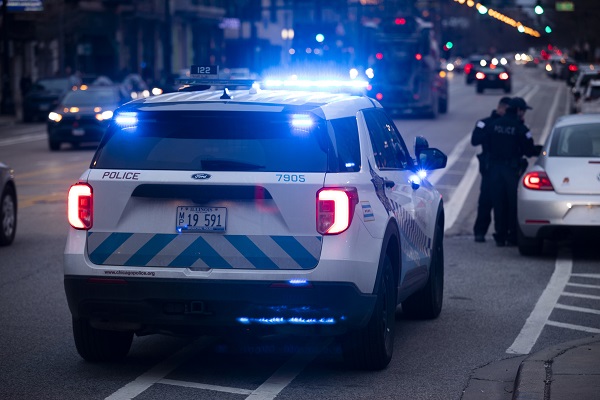Texas Senate police records
By Chase Rogers
The Dallas Morning News
(The Dallas Morning News) The Texas Senate voted Tuesday afternoon to approve a bill that would block public access to most police complaints, rejecting changes added by House members late last month to include exceptions for disclosure.
House Bill 15 — now approved by the Senate for the fourth time — directs law enforcement agencies statewide to maintain a confidential internal file, often referred to as a “G-file,” containing allegations against an officer found to be unsubstantiated or that did not lead to formal discipline.
Records that would remain in an officer’s publicly accessible personnel file are commendations, routine evaluations and substantiated complaints. The bill states that any “letter, memorandum or document” not related to those records would go into the confidential file.
The Senate voted 18-9 to approve a version of the bill stripped of House-approved amendments. The measure will now return to the House, where lawmakers will vote on whether to accept the Senate version of the bill. If the House does not approve it, a joint committee of House and Senate members will be appointed to meet privately and resolve the differences.
Supporters of the measure argue it would create uniform standards for police records across the state and protect officers. Critics argue that it would erode accountability by restricting access to certain information without costly lawsuits.
The Senate version removes two House amendments, including one from Rep. Don McLaughlin, R-Uvalde. The amendment seeks to guarantee parents like those of the children killed in the 2022 Robb Elementary School massacre would be able to view records detailing investigations into the involved officers’ actions.
The massacre at Uvalde’s Robb Elementary School left 19 children and two teachers dead, making it one of the nation’s deadliest school shootings. In the years since, families of victims, journalists and transparency advocates have waged a prolonged legal battle to obtain records of law enforcement’s botched response.
House Bill 15’s sponsor, Sen. Phil King, said McLaughlin’s amendment was unclear and “wasn’t very well worded.”
“It had a lot of contradiction,” the Weatherford Republican said while fielding questions from Sen. Roland Gutierrez, D-San Antonio, whose district includes Uvalde.
Gutierrez argued the amendment was needed for transparency’s sake for those like the families in Uvalde.
King disagreed, saying such records would remain available to prosecutors and defense attorneys and arguing the bill would not “change anything that happened in Uvalde or anything with regard to the evidence and documents and investigations regarding that horrible incident.”
Another amendment by Rep. Joe Moody, D-El Paso, was not discussed on the Senate floor on Tuesday. Late last month, Moody said his amendment — which the House passed in a 125-0 vote — would ensure the “dead suspect loophole” remained closed.
The phrase “dead suspect loophole” refers to a previous practice by law enforcement agencies to withhold records when a suspect died in custody or was killed by police before a conviction or deferred adjudication. The Texas Legislature passed a new law in 2023 to stop the practice.
Some of the state’s largest cities, including Austin, Houston and San Antonio, already use G-files for their officers as part of their civil service rules. A voter-approved measure in Austin created an avenue for the public to obtain the records.
Dallas’ civil service rules for officers do not include confidential G-files, so the Dallas Police Department has historically provided the records in response to Texas Public Information Act requests. The department has supported the passage of the bill.
©2025 The Dallas Morning News. Distributed by Tribune Content Agency, LLC.


